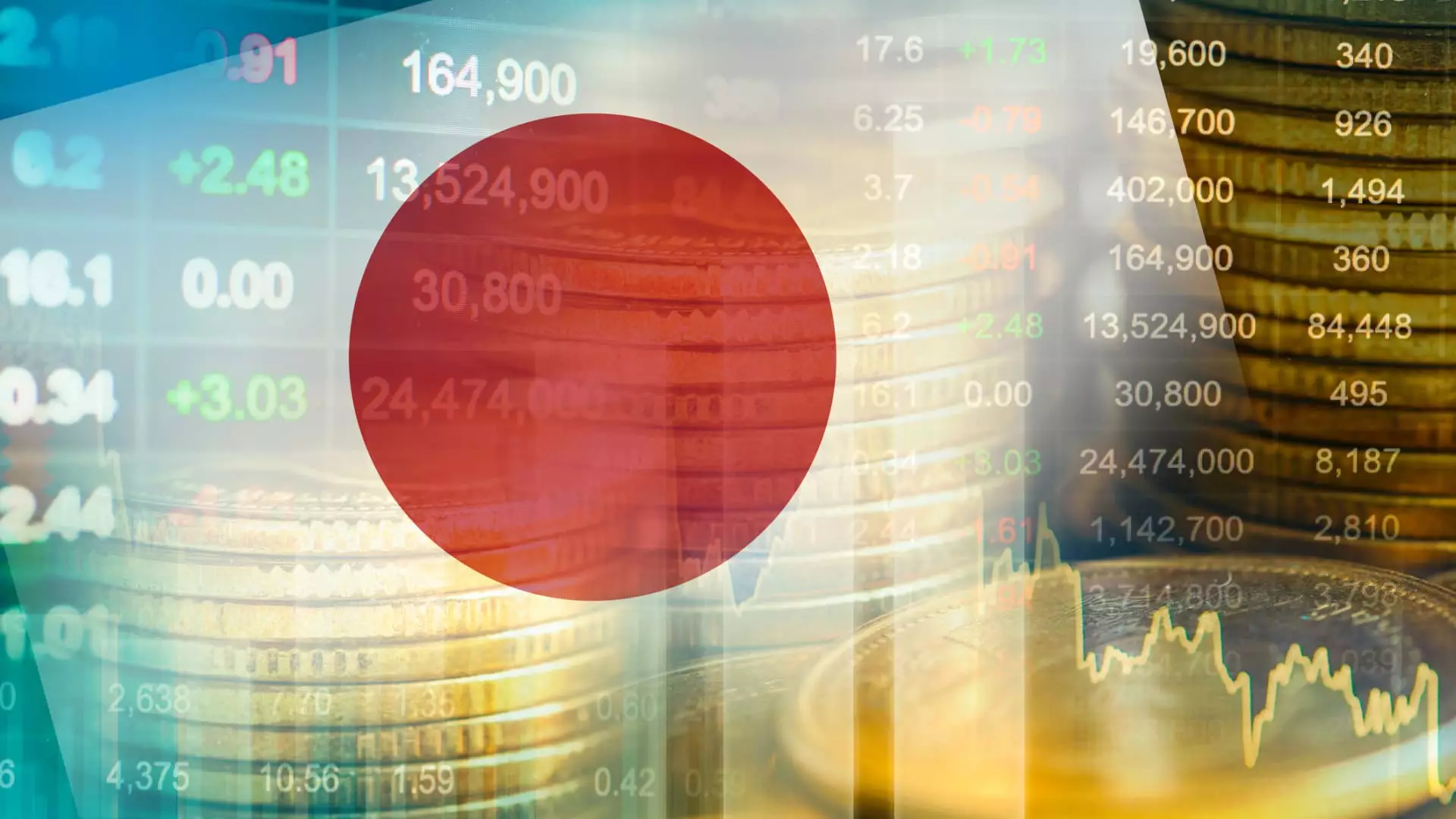Japan’s once-thriving economy has faced a significant setback, plunging into a technical recession in the October-December period. The latest provisional government data reveals that high inflation has severely hampered domestic demand and private consumption in what was once the world’s fourth-largest economy. This unexpected contraction not only poses a challenge for Bank of Japan Governor Kazuo Ueda’s plans for interest rate normalization but also raises questions about the need for fiscal policy support from Japanese Prime Minister Fumio Kishida. Moreover, Germany has now surpassed Japan as the third-largest economy in the world by dollar terms.
Challenging Expectations
The fourth-quarter gross domestic product (GDP) contracted by 0.4%, compared to the same period the previous year. This decline comes after a revised 3.3% slump in the July-September period. These figures are significantly lower than the 1.4% growth predicted by economists in a Reuters poll. The GDP deflator for the fourth quarter stood at 3.8% on an annualized basis. Additionally, the Japanese economy contracted by 0.1% in the fourth quarter compared to the previous quarter, following a revised 0.8% decline in the third quarter. This contraction also fell short of the expected 0.3% expansion.
Although it remains a matter of debate whether Japan has officially entered a recession, there are conflicting indicators. Marcel Thieliant, Capital Economics’ head of Asia-Pacific, argues that despite weakening job vacancies, the unemployment rate dropped to an eleven-month low of 2.4% in December. Furthermore, the Bank of Japan’s Tankan survey revealed that business conditions were the strongest they’ve been since 2018 in the fourth quarter, across all industries and firm sizes. However, Thieliant points out that growth is expected to remain sluggish as the household savings rate has turned negative.
Struggles in Private Consumption
Private consumption, a significant driver of economic growth, saw a decline of 0.2% in the fourth quarter compared to the previous quarter. This contraction comes as a surprise, as economists predicted a 0.1% expansion. While overall inflation has been gradually slowing down, the “core core inflation,” which excludes food and energy prices, has exceeded the Bank of Japan’s 2% target for fifteen consecutive months. Despite this, the central bank has steadfastly maintained its negative-rate regime, believing that wage increments would lead to increased consumer spending. However, the weaker-than-expected GDP print suggests that high inflation is discouraging domestic consumption, even in the face of potential wage increases. This further strengthens the case for the implementation of looser monetary policy for an extended period.
The unexpected contraction in Japan’s economy raises concerns about the Bank of Japan’s preference for inflation driven by domestic demand, which is considered more sustainable and stable. With the disappointing growth figures, the central bank’s inclination towards inflation targeting may come into question. Many market analysts anticipate that the Bank of Japan will transition away from its negative rates regime during its April policy meeting, provided that the annual spring wage negotiations confirm a trend of meaningful wage increases. However, the persistence of weak economic growth suggests that high inflation is dampening domestic consumption, potentially necessitating the continuation of loose monetary policies for a prolonged period.
Japan’s economy finds itself in the midst of a technical recession, primarily due to high inflation. The unexpected contraction in the fourth quarter, coupled with declines in private consumption, challenges the country’s economic policies. As Japan relinquishes its spot as the world’s third-largest economy to Germany, policymakers face the daunting task of reigniting growth and stabilizing domestic demand. With the outcome of wage negotiations and the effectiveness of monetary policy at stake, the road to recovery may prove to be a challenging one for Japan.


Leave a Reply